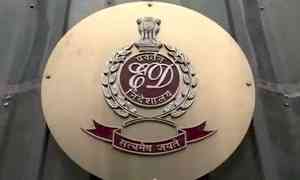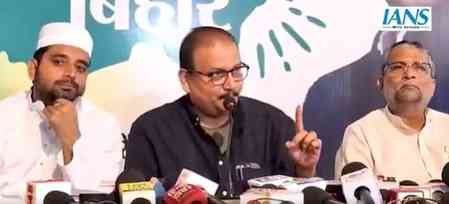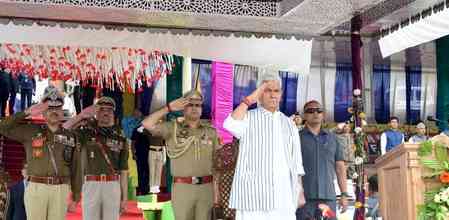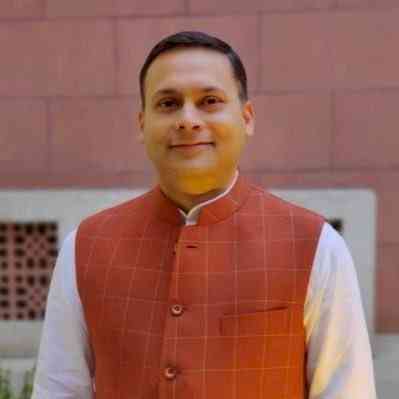Saradha scam: Court questions ED’s 3rd supplementary charge sheet naming Nalini Chidambaram
The ED on Friday submitted its third supplementary charge sheet in the Saradha chit fund case in West Bengal, naming Nalini Chidambaram there.

Kolkata, July 5 (IANS) The ED on Friday submitted its third supplementary charge sheet in the Saradha chit fund case in West Bengal, naming Nalini Chidambaram there.
Nalini Chidambaram is the wife of Congress Rajya Sabha member and former Union Finance Minister, P Chidambaram.
However, the special court has not accepted the charge sheet as yet, raising some technical questions regarding the inclusion of Nalini Chidambaram’s name.
The court observed that cognisance in the matter would be established only after the central agency furnishes more substantiating documents on this count to it.
Sources said that the ED counsel, on Friday afternoon submitted a 1,100-page compiled document at the special court of the Prevention of Money Laundering Act (PMLA) in Kolkata, which included the main charge sheet of 65 pages.
Sources said the central agency has claimed that Nalini Chidambaram received Rs 1.5 crore from Saradha Group’s founder chairman Sudipta Sen.
The ED has further claimed, that although Nalini Chidambaram has said that she received the money as legal consultancy fee as a tax consultant, she could not furnish any supporting documents for that.
However, after the charge sheet was submitted the judge of the special court raised some technical questions on inclusion of Nalini Chidambaram’s name, besides questioning the central agency on why the third supplementary charge sheet was submitted after 11 years.
On the inclusion of Nalini Chidambaram’s name, the special court questioned how a tax consultant is considered involved in corruption charges if he or she accepts consultancy fees as a professional from a client.
The court also questioned whether any advocate taking the brief on behalf of a person accused of a crime could be considered as a partner in crime.
Finally, the judge observed that he will take cognisance in the matter only if the central agency submits more substantiating proof in the matter to the satisfaction of the court.


 IANS
IANS 










